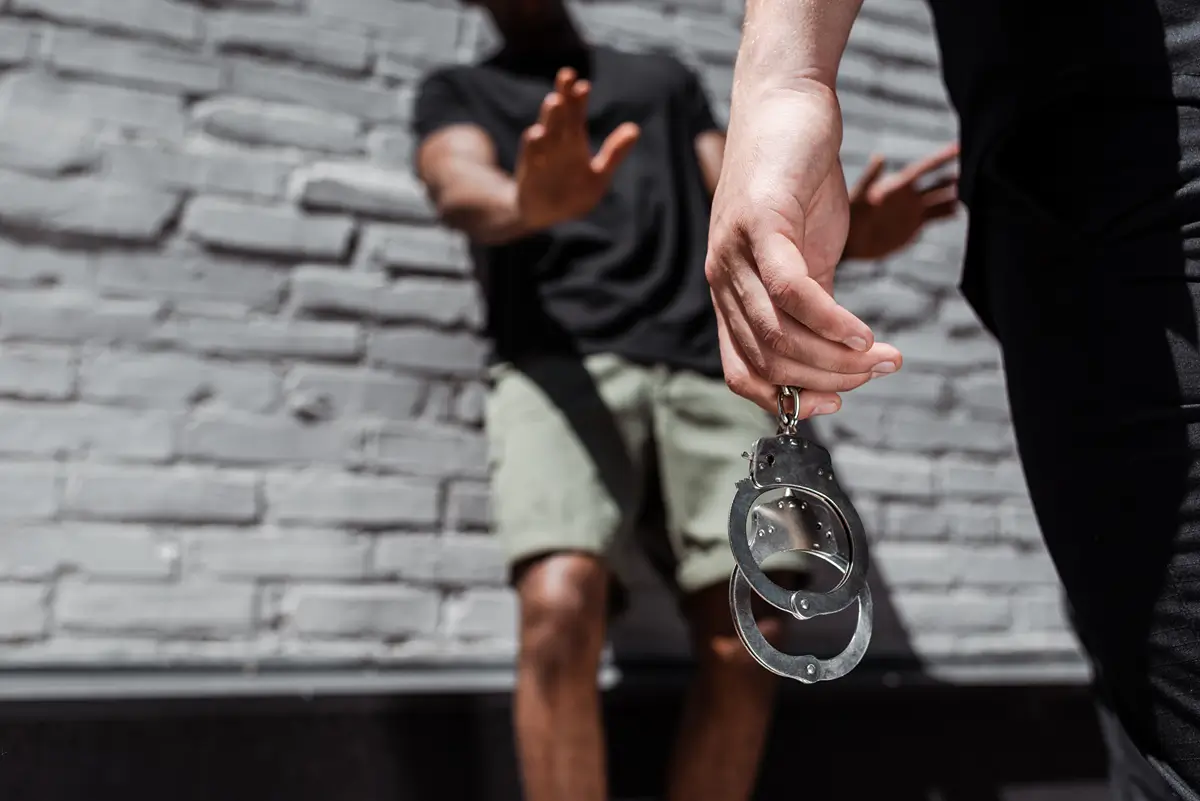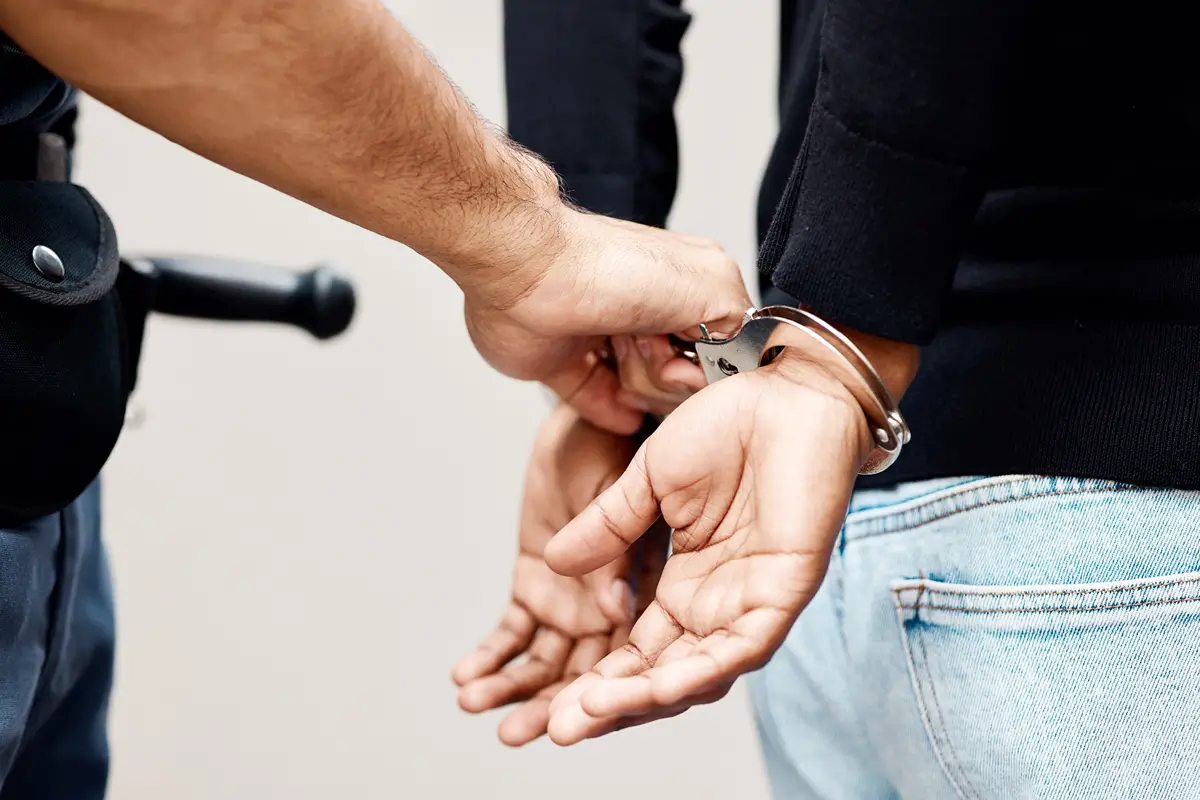Available 24/7!
- Things to Consider
- DUI
- Violent Crimes
- Major Felonies
- Drug Charges
- Theft Charges
- Misdemeanors
- Post-Conviction
- Juvenile
- About Us


- Helpful Resources
Menu
- Recent Blogs
- Free Book

Get your FREE GUIDE
Understanding the Criminal Justice System
- Send Us A Message



